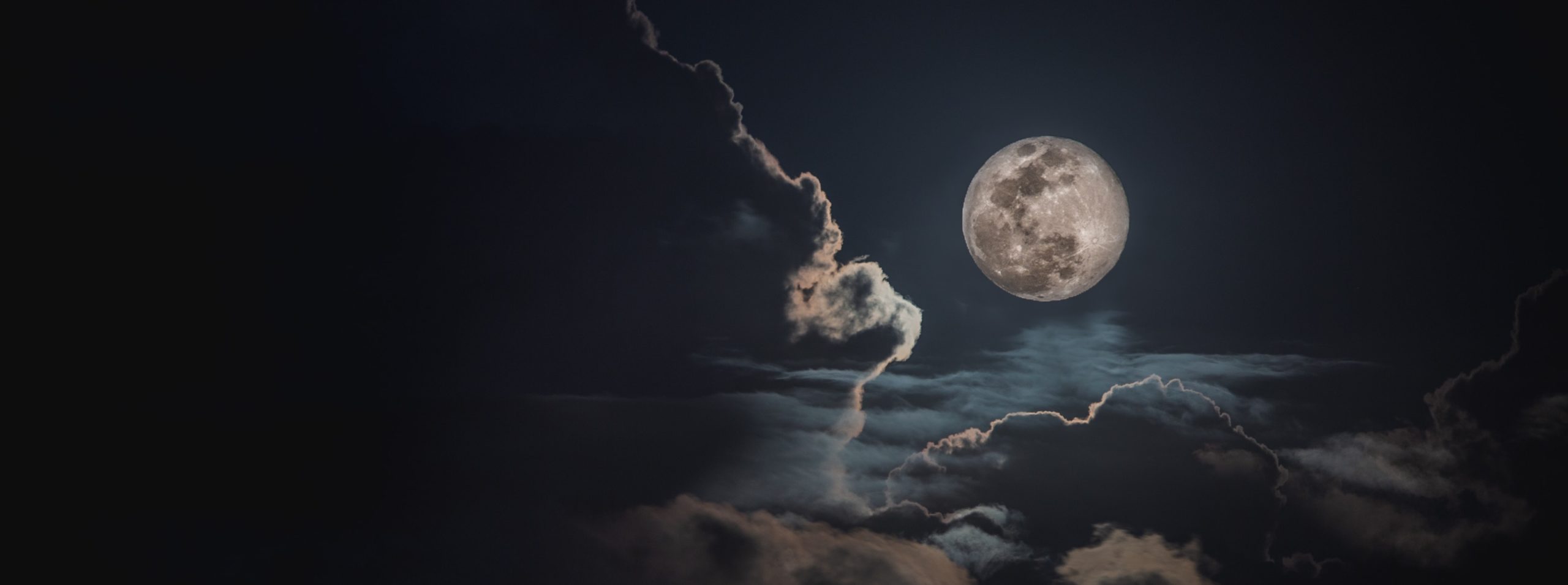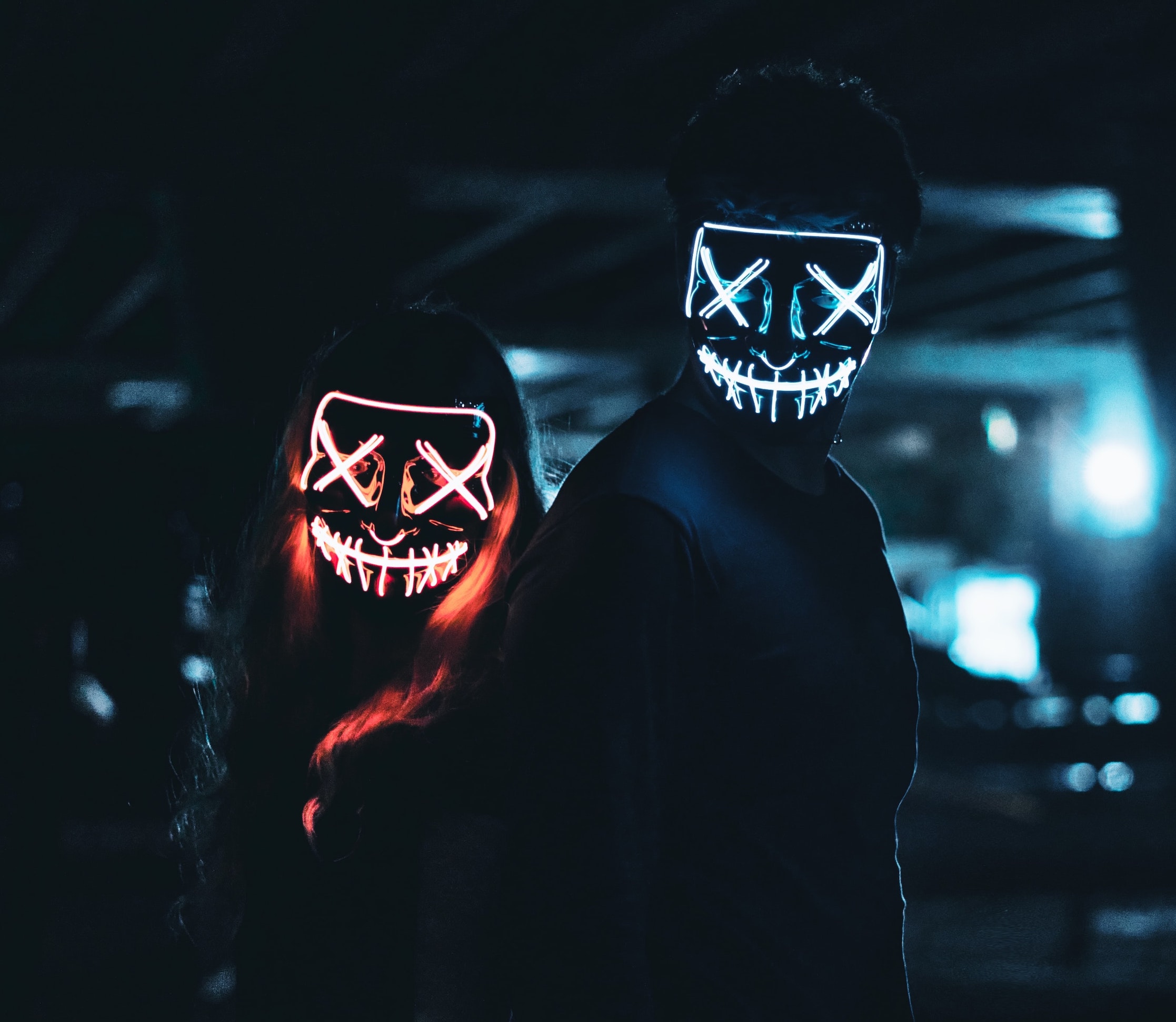By Emma Estridge

1
I fell in love in the fifth grade. I loved him because he hunted turkey on the weekends and acted out in math class. I loved him because our mothers were both teachers, which meant we got to play in the school courtyard while they graded papers. I loved him because when I lost our bet about whether Georgia had a coast, he still made me buy him ice cream from the school canteen when other boys would have let me off the hook. I loved him because he’d just found out what cocaine was on the news and called everything cocaine: packets of Sweet’N Low, instant lemonade, the nostril-tingling white powder the custodians sprinkled on ant piles.
I have not known anything so clearly since.
2
The thing I remember most from my childhood is being bored, being still. I sat in a brown armchair during the summer and watched TV while my parents worked. I watched bright cartoons and CSI: Miami or My 600-Lb. Life. I liked the ones I wasn’t supposed to watch the best because they were so foreign from my life; I knew I couldn’t relate to the shoot-outs and weigh-ins, and I didn’t have to.
I remember lying on the carpet in my bedroom and watching dust motes float from the window. I remember putting down books and games and sometimes even turning off the TV because I was bored and knew nothing I could do would fix it, so I might as well not do anything. This emptiness and not being able to fathom an end to it scared me so much that I sometimes cried.
But I also remember my parents telling me they loved me several times a day. I remember bottle-feeding a baby deer, and being so close to my grandmother that I’d sit on the edge of the tub while she used the bathroom. I remember wearing pastel socks and hugging the dogwood in our backyard and discovering that I liked to write, that feeling of purpose and belonging.
This duality came up by surprise during a conversation with a friend when I was sixteen.
My parents left me in front of the TV a lot when I was a kid, I said, tentative, though it’s not like it was a secret. My dad had even apologized for it, saying, Maybe we let the TV babysit you too much.
Then I told the friend about the Easters and grandparents and bottle-feeding. If these things were so good, could I even have negative feelings about the rest? How was I supposed to reconcile both parts? What if there wasn’t anything missing from my childhood, but instead something missing from my brain—some faulty synapse that was letting me be swept up in an illusion?
I feel exactly the same way, the friend said, like something has always been missing. Or like the parts never fit together.
I almost didn’t believe her. Did we all feel this way? If we did, why did the feeling exist at all?
I changed the subject.
3
The summer I was sixteen, I told myself I was happier than I’d ever been before. I listened to vague George Harrison songs and ate fudge popsicles. I slept until the sun was high and hot in the sky and wrote only a paragraph a day, never expecting enough from myself to be let down. I drove to Sonic every day with my friends and took five-minute showers, both so I would be alone as little as possible and so my mind would never get quiet enough for the bad thoughts to leak in. I thought this was what all happy people did.
But as much as I tried to confine my life to purple nail polish and sunbathing, I still felt the turbulence of the current beneath. I looked at the sky when it was blue and worried that I saw it as duller than it should’ve been. I went on a rafting trip with my friends that I can barely remember. I read The Silence of the Lambs alone in my room and was deeply disturbed by Buffalo Bill’s apathy, though I knew the book was gimmicky and contrived. The characters seemed real to me, even if their dialogue was unnatural. I was disturbed by my disturbance, by the realization that anything could give me an intense emotional reaction against my will.
I was with my first boyfriend that same summer. I’d never had any feeling in my stomach about him, good or bad, but I still spent hours in his bedroom every day, afternoon sun making the air thick and hot. We looked into each other’s fish-like eyes and said nice things. We hugged and said we loved each other when the sun started to set and I had to go home.
As we neared the end of July, I was surprised to find that a sort of comfort had set in. He knew things about me that I’d never told anyone before. I could imagine a vague future for us, me calling him at night in a dorm room, then us living together later in a mobile home, holding hands on the front steps. I hugged him more deeply and said more honest things, but I was confused. If I could develop this feeling for someone I’d had to force myself to be around in the first place, what did that mean for the things and people I actually loved? Did I really love writing, or had I just gotten accustomed to the rhythm of it? Did I really love my parents, or had I just been around them long enough that there was no other choice? I felt like when I’d first gotten my glasses and couldn’t trust the depth of the world anymore, even though I knew it was closer to the truth.
I cried when I broke up with him. I listened to Pink Floyd and sat in front of my bedroom window. I’d never had romantic feelings for him, and I had no desire to continue the relationship, but I would think about him for several months, about why it felt worse when it was over than it had while it was happening. I would think about him even after I moved away to boarding school in the fall, and it was possible that I would never see him again.
I didn’t understand what I thought or what I felt—or the difference, if any, between these two things.
4
My dad watches a lot of movies. He worked from home at this time, and sometimes he’d watch one before dinner and another before bed. When I saw one for the first time like Magnolia or The Thin Red Line, I always asked him about it, since he’d usually seen it before.
Once I mentioned that he loved movies in a larger conversation, and he said, Do I?
Well, you watch them all the time, I said.
He laughed his dry laugh. Lots of people watch movies. It doesn’t mean I have to love them.
5
A shift occurred during my first few months at boarding school: I stopped listening to George Harrison and started listening to Rainbow and Megadeth instead. I stopped watching sitcoms and started watching three-hour movies, all psychological thrillers or philosophical meditations. I thought their seriousness would lead me closer to enlightenment about serious things, since I’d started worrying about how I’d never worried about war or politics before. I slushed through the dead leaves on campus and worried about the consequences of both capitalism and communism. I stared out the window in my room and worried that human beings could never really connect to one another, that we went our whole lives more or less in a psychic vacuum, and that transcendence was actually the acceptance of this concept.
I thought I was a martyr for suffering over what no one else wanted to. In a story I wrote during that time, the protagonist says, Sometimes I think God nabbed half my brain, the animal half that eats and sleeps and reproduces without needing a reason why. It’s almost bearable if I imagine He gave it to someone who needed it more, and that He had faith in me to get on without it.
I was sad, and looked sad to any outside observer, but my suffering gave me purpose and a secure reality. Though I was piling on world issues and mental paradoxes, I was focusing on strange feelings other than my own.
6
I called my parents a lot during that time, not because I missed them, though that was what everyone kept telling me.
We can tell you’re down from the way your voice sounds, they said. But things will shape up once you start making friends.
You’ve got it all wrong, I wanted to say. I’ve never felt this important before. This is who I really am, and this is what’s actually going on.
But as much as I didn’t want them to, things did shape up. Though I wasn’t trying to, I made a friend, and I went to dinner with her instead of staring out my window and contemplating the physical sensation of hunger. I read George Saunders stories and wrote about cowboy strippers and gun-slinging monks. I drew purple flowers in the margins of my notebook. Instead of reading Stalin’s Wikipedia page, I paid attention in my history class when we talked about scandals like Watergate and the Clinton-Lewinsky Affair. Everyone wanted to reduce them to allegories of their time periods, but they seemed so bizarre to me that I found it impossible. The friend, my roommate, and I watched investigation shows with fake corpses and bad subtitles and fell asleep right after, whatever critiques we had of the plot dissolving into the unconscious.
I was happier, though I hated how simply this was true. I wanted the problem to be deeper and more existential. I wanted a reason why things had changed again.
I stopped watching movies tagged under “the human experience.” I studied less and went out more, sitting in the park with the friend most afternoons when it got warm, though I received the same grades as before. I listened to George Harrison and watched construction men climb up a mound of dirt outside the window, brushing my teeth and having few thoughts.
7
I started dating a guy too close to the start of summer break. This imbued our encounters with a sense of urgency, at least from my perspective, and a counter-worry that things wouldn’t be genuine if they were moving too quickly. When we walked over a bridge and talked about religion, I worried I was hiding behind abstract ideas, putting on intellectual airs. When we sat quietly through a serial killer movie or gossiped, I worried I was focusing too much on the concrete. I dressed in a way I thought he would like by dressing like I hadn’t considered him at all. I felt all sorts of things in my stomach when our eyes met, but worried I didn’t know why and couldn’t put it into words in my journal.
I started to think both truths were part of the cycle: thinking too much, not thinking enough. Feeling nothing, feeling everything. I always wanted one or the other, and in doing so lived in a constant state of mourning.
But what if I stopped wanting?
8
A week before school ended, all the friend and I did was sit in the park. This was because of the strangers.
While we sunbathed on my green bath towel, two men with cameras walked over. “How do you say the capital of Kentucky—Louisville or Louisville?”
We gave our guesses.
“The capital of Kentucky is actually Frankfort,” he said.
The river spun over the rocks and made it difficult to hear what anyone really said. It seemed like a breeze was always blowing, whistling in our ears and throwing hair into our eyes. The sun made our pulses throb and our limbs lazy.
A Maltese on the other side of the river shook from its leash and chased a goose into the water. When its owners, a middle-aged couple, caught it and carried it back to their blanket, they shook their heads at us like it had been our fault.
Another time, a man with a notebook and pen stopped us on the bridge. “I was attacked with feces,” he said. “Are y’all of voting age?”
We told him we weren’t, and he apologized profusely.
We left our blanket unguarded in the park and walked to a coffee shop nearby. The barista was our age and asked if we thought he could name forty cities in California. He named forty-one, gave us our drinks for free, then told us he was gay.
Not knowing what to do but laugh was a kind of freedom, we found.
On a day when it was too hot to sit in the grass, we straddled a stone wall further down the river. We debated whether we would take our shirts off like it was a decision of great importance, though we stripped to our bras every time we were in the park, and every time our chests got sunburned. Both of us always pretended to pack sunscreen.
We listened to The Byrds and Steely Dan. I couldn’t decide if the lyrics about Guadalajara and legendary fountains were cryptic, alluding to a deeper meaning just out of reach, or if I’d imbued the meaning myself, if it was my particular state of mind, or that I was barefoot, or that the oak leaves were the greenest they’d be all year. I decided I didn’t care enough to find out.
Here’s what I knew:
Sometimes the friend and I told each other our stupid feelings about things we couldn’t change.
Sometimes we were snappy for weeks.
Sometimes we lay in my bed and laughed at French country music and shit-talked every person in our program.
Sometimes the boy and I stared at each other like we might as well have been looking at a wall.
Sometimes he smiled at me in the dark of a Tchaikovsky concert, and I thought I might be falling in love.
I was happy or sad or feeling nothing at all.
The sun warmed my skin.
The river threw light across the trees.

Emma Estridge is a writer from South Carolina who attends the South Carolina Governor’s School for the Arts and Humanities. Her work has been recognized by the Scholastic Art and Writing Awards, and when she’s not writing, she likes gimmicky rock and lying in the grass.
Why we chose this piece: Emma’s voice is wonderful, and her style evokes a strong sense of atmosphere. We love how she explored the anxiety that accompanies ambivalence when trying to figure out exactly who you are. It’s a really specific feeling that can be hard to describe and one that resonated with us deeply.





